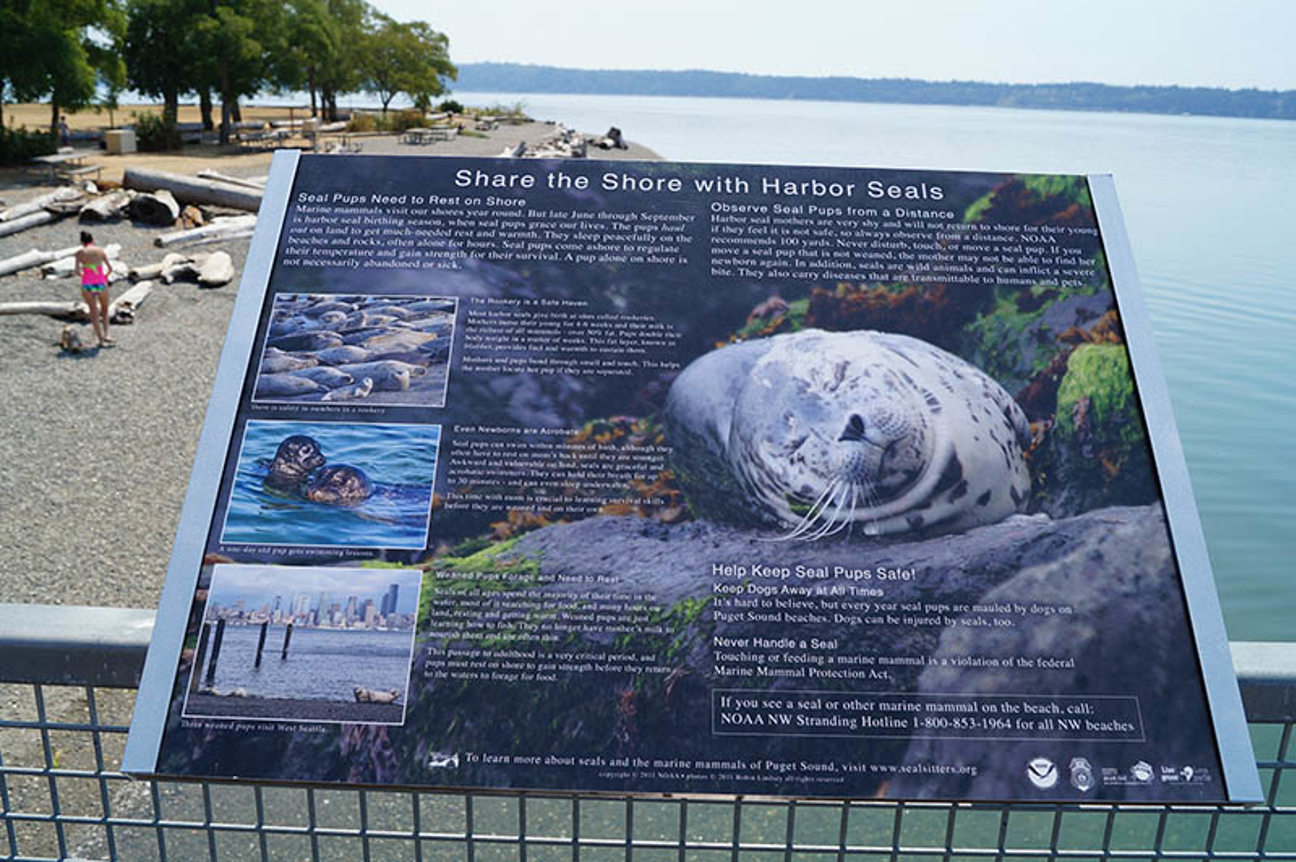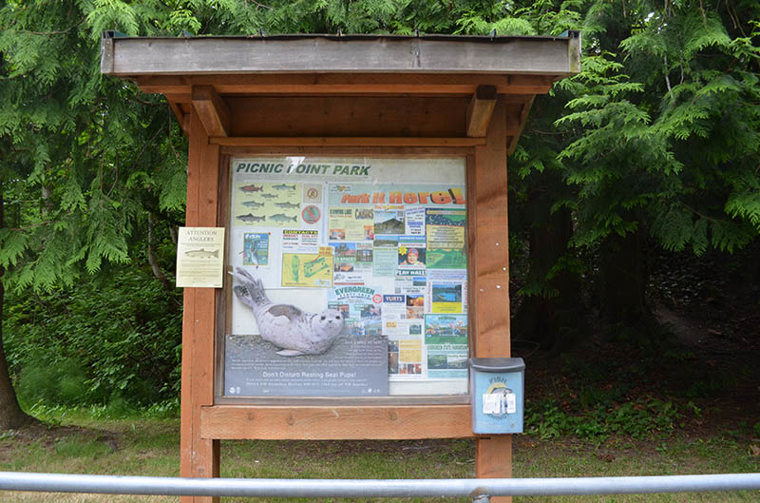Marine Mammal Stranding Network
What is a Stranding?
- A marine mammal that is on the shore and unable to return to the water under its own power.
- A marine mammal that is on the shore and, although able to return to the water, is apparently in need of medical attention.
- A marine mammal in the water that cannot return to its natural habitat without assistance.
- A dead marine mammal on the beach or in the water.
How to Report a Stranding
First, determine if the animal is truly stranded. Many seals and sea lions haul out and rest on land and are not in distress. You can evaluate the animal's behavior and monitor their condition for 24 hours. Let others who are nearby know to stay at least 100 yards way (about the length of a football field), keep pets 100 yards away, and help minimize disturbances if possible. Be aware of hazards or rising tides and monitor the animal from an area that is safe.
If you see a harbor seal or other marine mammal on the beach, call the NOAA NW Stranding Hotline at 1-866-767-6114. Learn more about sharing the shore with harbor seals and the Seal Sitters Marine Mammal Stranding Network.
View a map of the West Cost Marine Mammal Stranding Network and Contacts.
Share The Shore With Harbor Seals
In Winter 2012, the Snohomish County MRC funded the purchase of nine NOAA Marine Mammal Stranding Network signs. The signs provide information about how to “Share the Shore with Harbor Seals” in order to best protect and view the mammals at a safe distance. In partnership with Snohomish County WSU Extension Beach Watchers, the signs were installed in 2013 and can be viewed at the following locations:
- Kayak Point Regional County Park
- Howarth Park
- Mukilteo Lighthouse Park
- 10th Street Boat Ramp in Everett
- Meadowdale Beach
- Picnic Point Park
- Ebey Waterfront Park
- Hat Island
- Edgewater Beach

Kayak Point Regional Park

Picnic Point Park

Ebey Waterfront Park